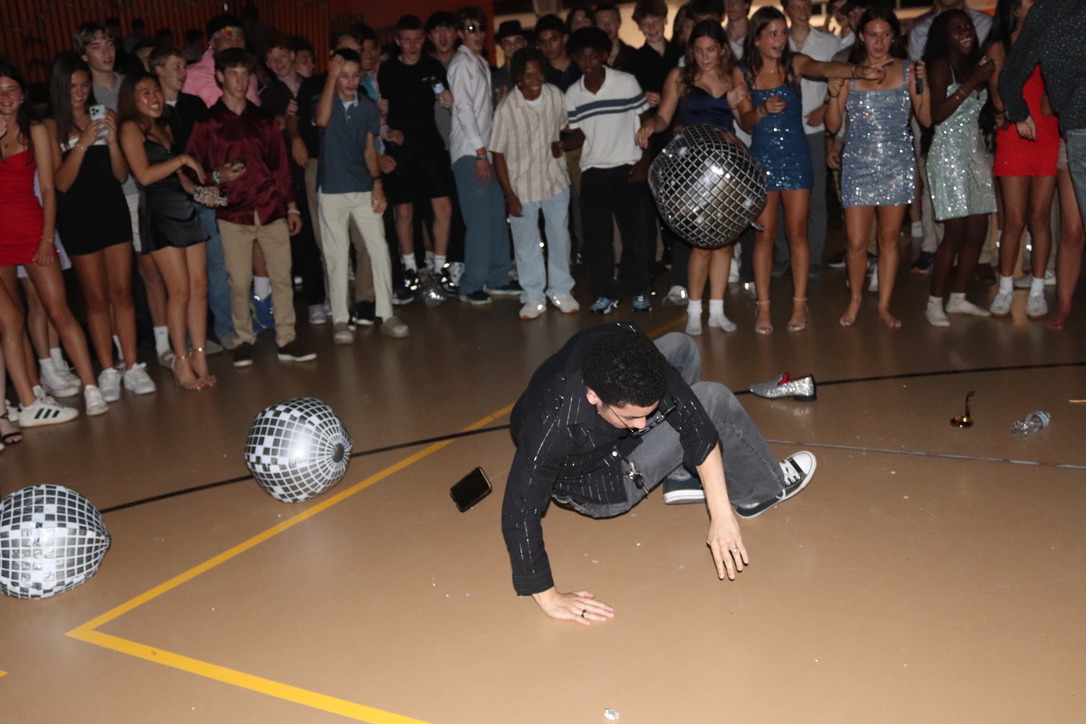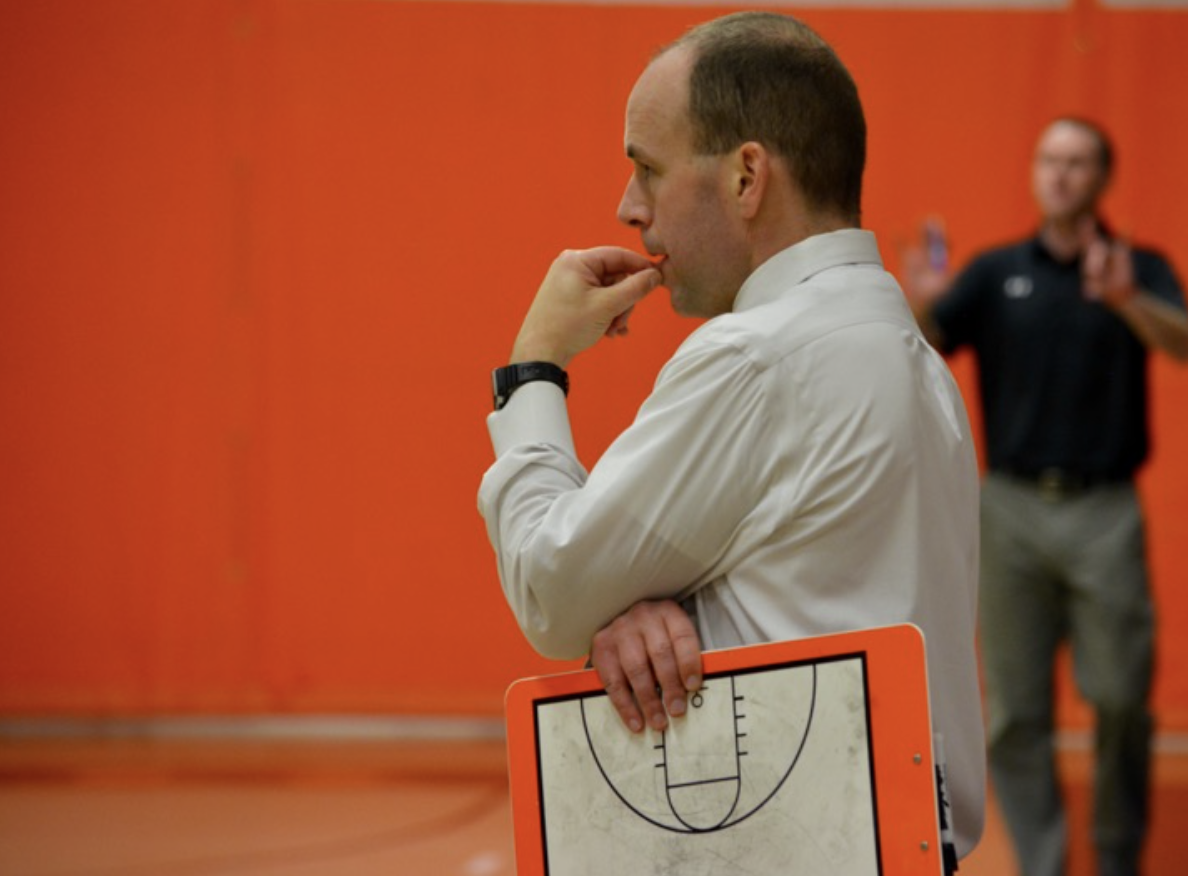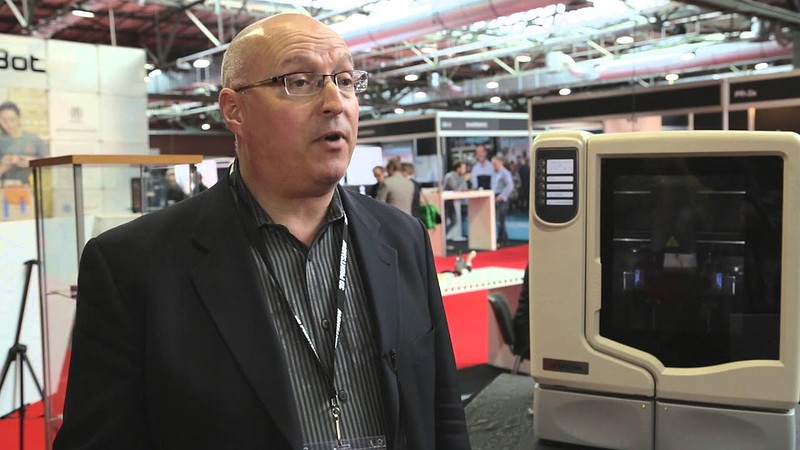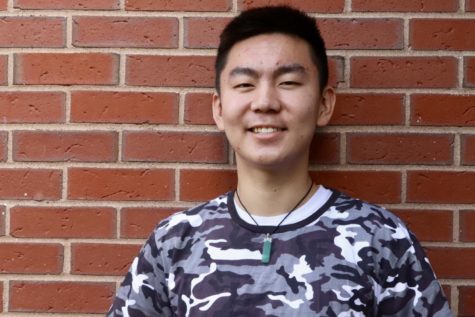WW ‘19: Meditech exec and Wayland parent programs the future of healthcare
Credit: Courtesy of Scott Rader
Wayland parent Scott Rader speaks about the purposes of additive manufacturing in meditech. Rader visited WHS on Thursday of Winter Week to speak to students about the future and impacts of the industry. “I’m just so excited to really be on the front lines of innovation, to make that data into something someone can watch as a movie,” Rader said.
February 7, 2019
Wayland parent Scott Rader gave a presentation based on healthcare technology during second block on Thursday, Jan. 31. Technological breakthroughs occur every day in the world of medicine, and early Thursday morning, Rader came to the WHS Lecture Hall to discuss the development and implications of such technology.
Rader holds the position of General Manager for Additive Manufacturing and Visualization at GE Healthcare. According to Rader, his job actually entails taking an ordinary everyday X-ray and using it to revolutionize medical treatment.
“We take anything from X-rays to three-dimensional scans of the body [like a] CT and MRI [scan], and we turn it into content that is viewable in virtual reality,” Rader said. “It can [then be used for] 3D prints of anatomy, it can be used to inform patients and it can be used to teach surgeons how to do surgery.”
Rader went on to explain what his company stands for and the ambitions GE has for the future.
“Our vision is to really use [our] information tools based on the human body to radically change how healthcare is delivered and how patients and physicians think about how to treat their patients,” Rader said.
Due to the fact that the large number of people unaware of these breakthroughs concerning healthcare delivery includes students, Rader spoke of the importance of turning that tide.
“It’s no longer looking through cartoons and textbooks of anatomy and disease process, it’s actually you,” Rader said. “It’s the inside of you, and I think that is radically transformative in [the youngest] generation [because it] is going to be the first generation to actually see these tools as [it] moves into adulthood and beyond.”
Rader hopes that, through the presentation, he has accomplished his goal of informing the student body. Some students that attended the presentation believe they emerged better-informed and came out of the presentation having learned new and valuable things.
“I really liked the presentation because it opened my eyes as to how technology can help people and the power technology holds in medicine,” sophomore Valentina Micolisin said. “It was also very interesting because I didn’t realize that technology had such a prominent role in that career.”
Students were not the only ones that were impressed by the role of 3D-printing and virtual reality concerning medicinal treatment. When Rader first started working in the meditech field, he was amazed by its technological capabilities.
“I got into 3D-printing and additive manufacturing six years ago, and [it] really opened my eyes [about] how much data we have on the human body,” Rader said. “Indeed, the largest storehouse of data is [MRI and other X-ray] imaging information around the world.”
Rader notes that being given the opportunity to push the boundaries of meditech is a major benefit he enjoys.
“[The reason] I chose this job is because I’m so excited to really be on the front lines of innovation, to make that data into something someone can watch as a movie,” Rader said. “We can’t look at each individual component of the data [we collect], but when we present it the way our senses are wired, it works great.”
Click the logo for full coverage of Winter Week 2019

![During the WHS club fair, senior Molly Bergeron is watching a student sign up for her club, Eliza J. Norton Foundation. In this club, students meet every week and come up with ideas to spread the message. "[This club] really touches a lot of people in the town," Bergeron said.](https://waylandstudentpress.com/wp-content/uploads/2025/10/IMG_1335-1200x800.jpg)





























